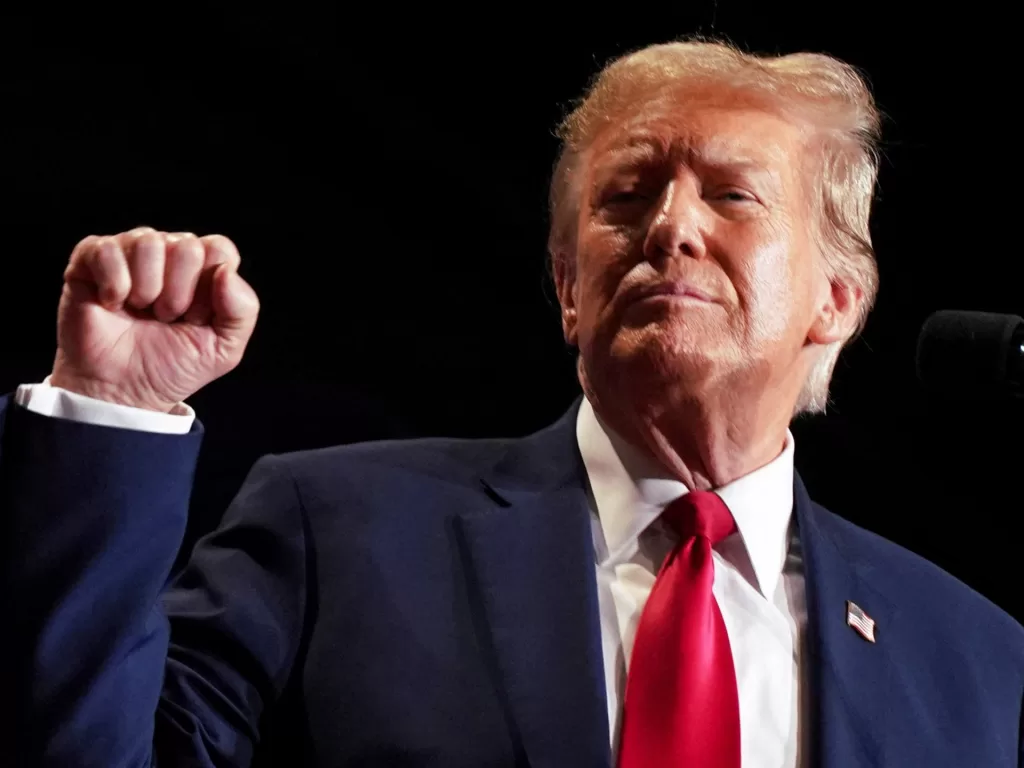US top court unanimously reverses Colorado decision to kick Trump off primary ballot over January 6, 2021, Capitol riot.
The justices on Monday unanimously reversed a December 19 decision by Colorado’s top court to kick Trump off the ballot under the 14th Amendment of the Constitution, which includes a section that would prohibit individuals from holding public office if they have participated in an insurrection.
Trump’s critics have accused him of inciting and supporting the attack on the US Capitol on January 6, 2021, in an attempt to subvert the 2020 presidential election.
“BIG WIN FOR AMERICA!!!” the ex-president wrote on his Truth social media platform after the Supreme Court’s decision.
The ruling ends efforts in Colorado, Illinois, Maine and elsewhere to kick Trump off the ballot because of his attempts to undo his loss in the 2020 election to his rival, Democratic President Joe Biden.
It also comes a day before Super Tuesday, the day when the largest number of states hold their presidential primaries and caucuses.
Trump is the frontrunner in the Republican presidential nomination and is widely expected to face off against Biden in November.
The 14th Amendment bars people from holding US office, including the presidency, if they “have engaged in insurrection or rebellion against the same, or given aid or comfort to the enemies thereof”.
But the Supreme Court, which holds a 6-3 conservative majority, said on Monday that only Congress can enforce the provision against federal officeholders and candidates.
“We conclude that states may disqualify persons holding or attempting to hold state office. But states have no power under the Constitution to enforce Section 3 with respect to federal offices, especially the presidency,” the top US court said in an unsigned opinion.
This is a developing story. More updates to follow.
